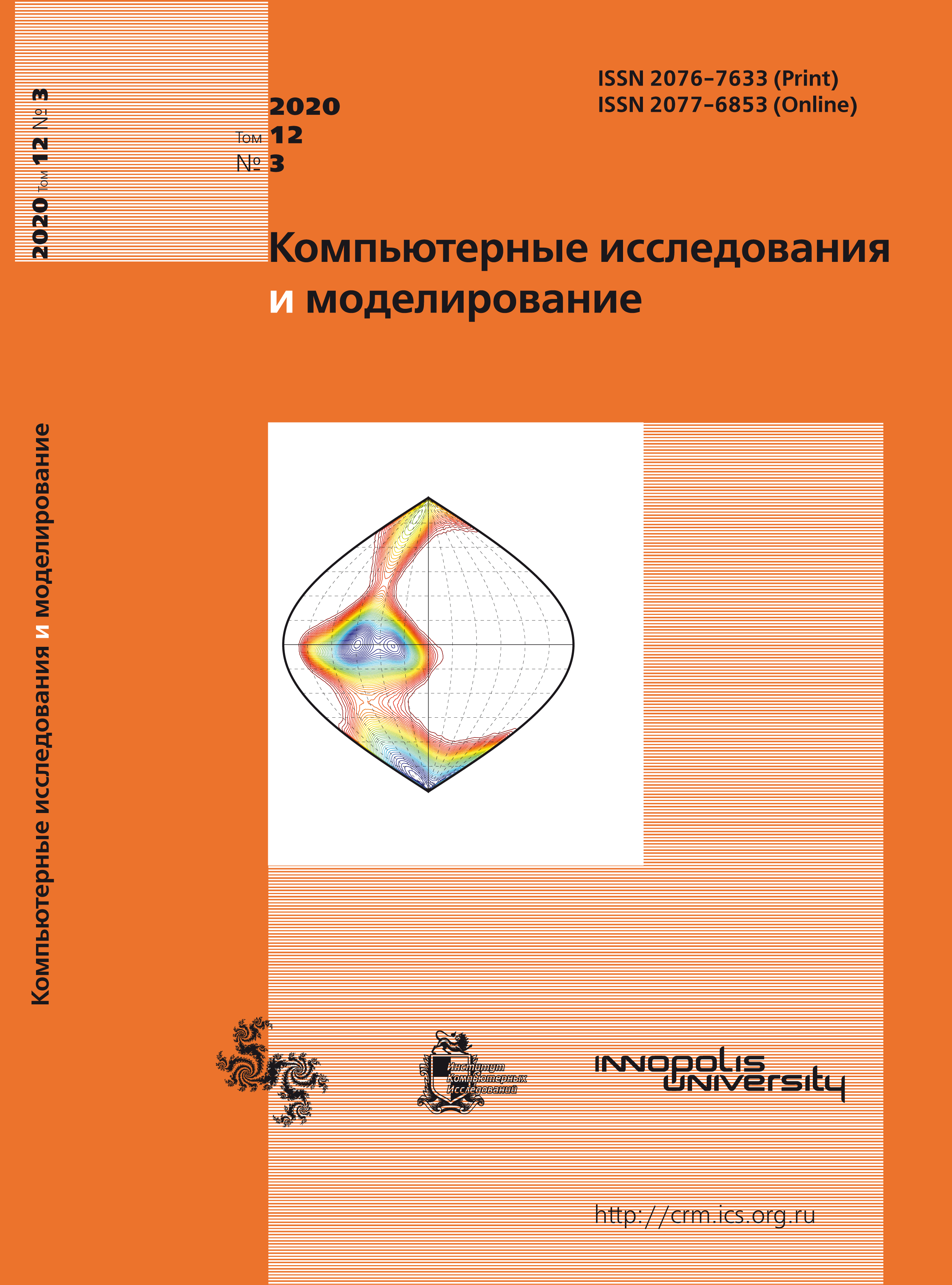All issues
- 2025 Vol. 17
- 2024 Vol. 16
- 2023 Vol. 15
- 2022 Vol. 14
- 2021 Vol. 13
- 2020 Vol. 12
- 2019 Vol. 11
- 2018 Vol. 10
- 2017 Vol. 9
- 2016 Vol. 8
- 2015 Vol. 7
- 2014 Vol. 6
- 2013 Vol. 5
- 2012 Vol. 4
- 2011 Vol. 3
- 2010 Vol. 2
- 2009 Vol. 1
Mathematical model of the biometric iris recognition system
 pdf (4094K)
pdf (4094K)
Automatic recognition of personal identity by biometric features is based on unique peculiarities or characteristics of people. Biometric identification process consist in making of reference templates and comparison with new input data. Iris pattern recognition algorithms presents high accuracy and low identification errors percent on practice. Iris pattern advantages over other biometric features are determined by its high degree of freedom (nearly 249), excessive density of unique features and constancy. High recognition reliability level is very important because it provides search in big databases. Unlike one-to-one check mode that is applicable only to small calculation count it allows to work in one-to-many identification mode. Every biometric identification system appears to be probabilistic and qualitative characteristics description utilizes such parameters as: recognition accuracy, false acceptance rate and false rejection rate. These characteristics allows to compare identity recognition methods and asses the system performance under any circumstances. This article explains the mathematical model of iris pattern biometric identification and its characteristics. Besides, there are analyzed results of comparison of model and real recognition process. To make such analysis there was carried out the review of existing iris pattern recognition methods based on different unique features vector. The Python-based software package is described below. It builds-up probabilistic distributions and generates large test data sets. Such data sets can be also used to educate the identification decision making neural network. Furthermore, synergy algorithm of several iris pattern identification methods was suggested to increase qualitative characteristics of system in comparison with the use of each method separately.
Copyright © 2020 Suvorov N.V., Shleymovich M.P.
Indexed in Scopus
Full-text version of the journal is also available on the web site of the scientific electronic library eLIBRARY.RU
The journal is included in the Russian Science Citation Index
The journal is included in the RSCI
International Interdisciplinary Conference "Mathematics. Computing. Education"






